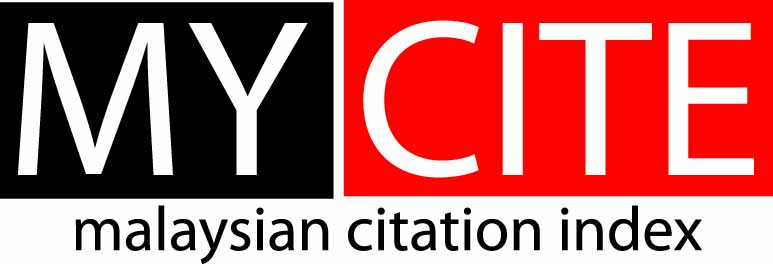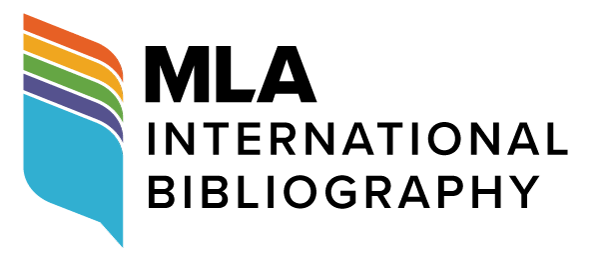A study of the experimental meaning of Malaysian lecture discourse
Abstract
This paper is based on a research that aims at investigating one major area of inquiry, namely the experiential meaning of Malaysian lecture discourse (MLD). To obtain the information on this area of investigation, this study uses a qualitative/quantitative descriptive approach and employs an observational method. The data on which this study is based are seven lectures-in-texts collected from the Faculty of Languages and Linguistics, University of Malaya. The data analysis is carried out by employing a complementary method of analysis based on Young's model and Halliday's model. As far as the data are concerned, the study findings show that in transitivity terms the experiential meaning of MLD is typically realised and characterised by three most prominent transitivity process types, namely (1) the Relational type - which is related to the experiential semantic field of Being - as the first rank in the overall scale of the MLD in- texts under study, (2) the Material - which is related to the experiential semantic field of Doing - coming in the second - and (3) the Mental· which is related to the experiential semantic field of Sensing - in the third. These are subsequently followed by the Behavioural - related to the Behaving, the Verbal - related to the Saying, and the Existential - related to the Existing as the least frequently occurring process type. In addition, three most prominently occurring participant functions appear to be (1) the Carrier, (2) the Attribute, and (3) the Actor respectively. In terms of participant types, the NHP type occurs much more dominantly than the HP type. Furthermore, in respect of circumstantial types, three most prominently occurring circumstantial types are (1) the Location, (2) the Manner, and (3) the Matter. Particularly at the level of language the study findings above only provide experiential semantic and transitivity grammar representations of the MLD-in-texts under study. At this semiotic level of investigation it is therefore recommended that there should be further studies particularly in the areas of (1) logical semantic and complexity grammar representations, (2) interpersonal semantic and mood grammar representations, and (3) textual semantic and theme grammar representations of the MLD-in-texts in question.











